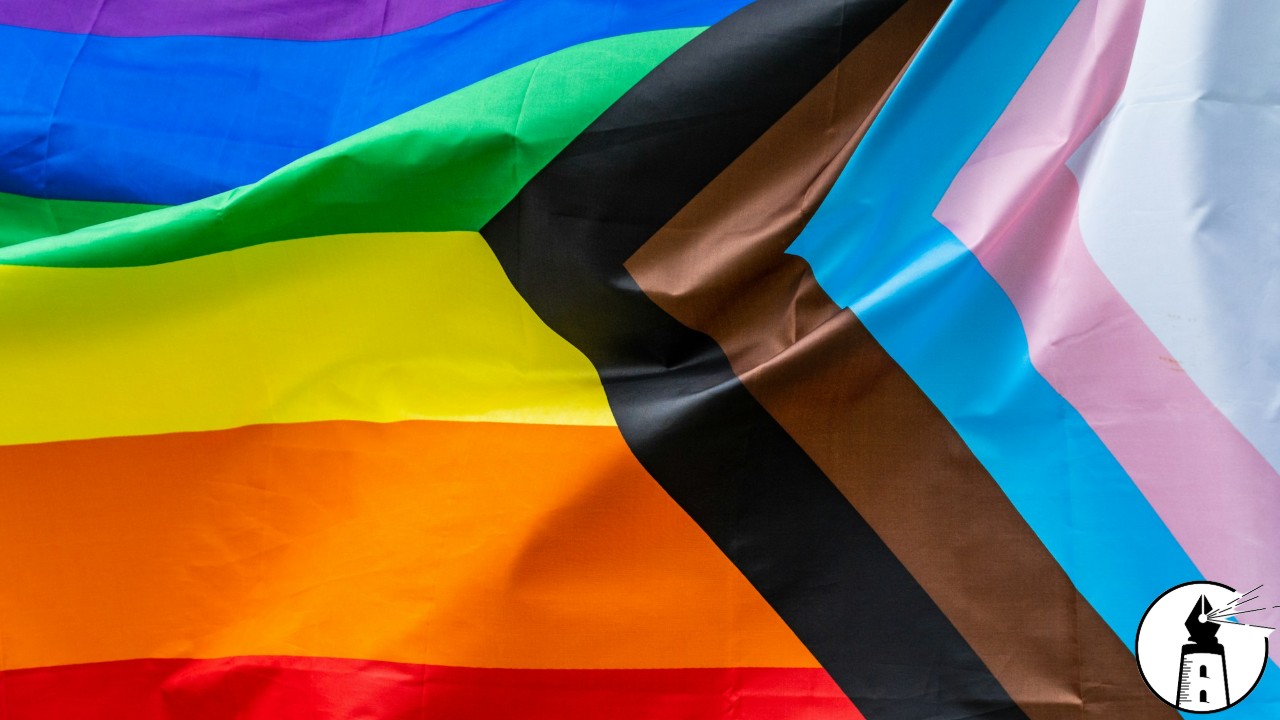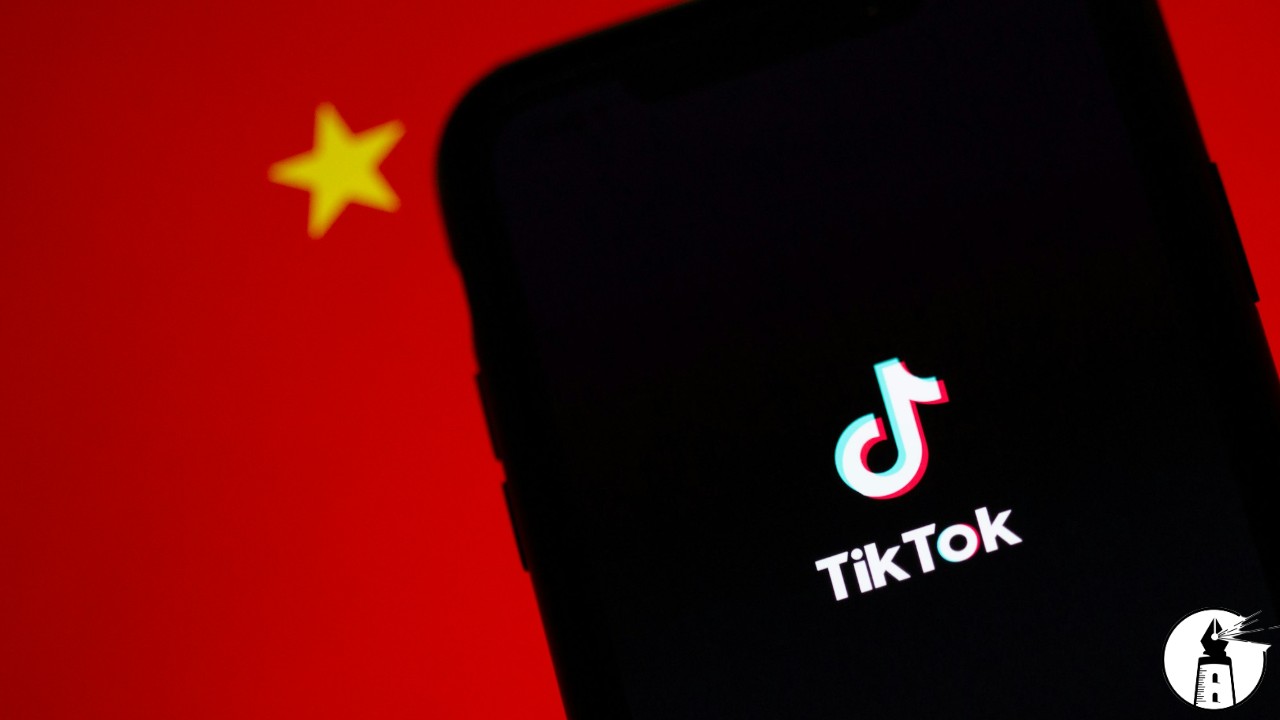Meta’s recent decision to loosen content moderation rules on issues such as gender identity and sexual orientation is not an isolated incident. Instead, it fits into a broader history of decisions by the company that have repeatedly marginalized the LGBTQ+ community. While Meta publicly promotes itself as a champion of inclusion and diversity, its policies and actions often tell a different story, one of harm, exclusion, and neglect.
One of the most striking examples occurred during Facebook’s controversial enforcement of its “real name” policy. For years, Facebook required users to use their legal names, ostensibly to create a safer and more accountable environment online. However, this policy disproportionately targeted transgender and nonbinary individuals who sought to use their chosen names, names that reflected their identities rather than the ones assigned to them at birth, often referred to as “dead names”.
This policy caused significant distress and humiliation, as it forced people to either comply with an outdated naming system or face account suspension. Activists and LGBTQ+ advocates decried the policy as invasive and discriminatory, especially since it disproportionately affected marginalized groups while doing little to prevent harmful behavior.
Although Meta eventually amended the policy in response to public outcry, the damage had been done. Many in the LGBTQ+ community felt alienated and unsupported, with some even abandoning the platform entirely. This incident highlighted a broader issue: Meta’s inability, or unwillingness, to consider the lived experiences of LGBTQ+ individuals when crafting policies that claim to be neutral but have profoundly exclusionary effects.
Another example of Meta’s problematic relationship with the LGBTQ+ community lies in its inconsistent approach to hate speech and harassment. Over the years, LGBTQ+ users have frequently reported receiving hate messages, slurs, and threats on Facebook and Instagram, only to have their reports dismissed by Meta’s moderation systems.
Posts promoting hateful ideologies often remain on the platform, with moderators deeming them non-violative of community standards. Conversely, LGBTQ+ users have sometimes faced account suspensions for calling out bigotry or sharing their personal experiences, an imbalance that underscores systemic issues in how Meta enforces its policies.
Meta’s algorithms have also played a role in marginalizing LGBTQ+ voices. In 2018, a study revealed that LGBTQ+ content creators often saw their posts flagged as inappropriate or “sensitive”, reducing their reach and limiting their ability to connect with their audiences. This pattern persisted despite the content being non-explicit and entirely appropriate. The implications were clear. The company’s automated systems were disproportionately flagging LGBTQ+ content, reinforcing a digital environment where queer voices were silenced or sidelined.
Furthermore, the company’s approach to Pride Month celebrations has also raised eyebrows. While Meta frequently rolls out rainbow-themed branding and partnerships with LGBTQ+ organizations in June, critics argue that these gestures often feel performative, failing to address the structural issues within the platform. These gestures stand in stark contrast to the real-world harm caused by the company’s policies, creating a dissonance between Meta’s public image and its impact on the community it claims to support.
The recent decision to permit harmful stereotypes and language targeting LGBTQ+ individuals under the guise of “mainstream discourse” amplifies these concerns. By allowing users to allege “mental illness or abnormality” based on gender or sexual orientation, Meta is opening the door to more harassment and discrimination. This change signals a retreat from the company’s prior commitments to protecting marginalized groups and raises the question of whether its actions are driven by profit motives and political calculations rather than genuine concern for user safety.
Meta has also recently announced its decision to roll back diversity, equity, and inclusion (DEI) initiatives. This marks a significant departure from its previously stated commitment to fostering a diverse and inclusive workplace.
For LGBTQ+ employees at Meta, this decision compounds feelings of alienation following the company’s changes to content moderation policies. Employees have expressed frustration and disappointment on internal messaging platforms. Others have voiced concerns about the company’s apparent departure from its foundational values, questioning the future of Meta as a workplace that genuinely supports its staff.
The discontent among Meta’s employees and the broader LGBTQ+ community reflects a growing recognition that these decisions are more than business pivots. They are fundamental choices about whose safety and dignity are prioritized. In its pursuit of free expression and operational efficiency, Meta appears to be abandoning the principles of inclusion and equity, leaving employees and users alike to bear the consequences.
As Meta moves forward with these controversial changes, the question remains. At what cost does it prioritize profits and political expedience over the well-being of its communities?
—By Greg Collier



